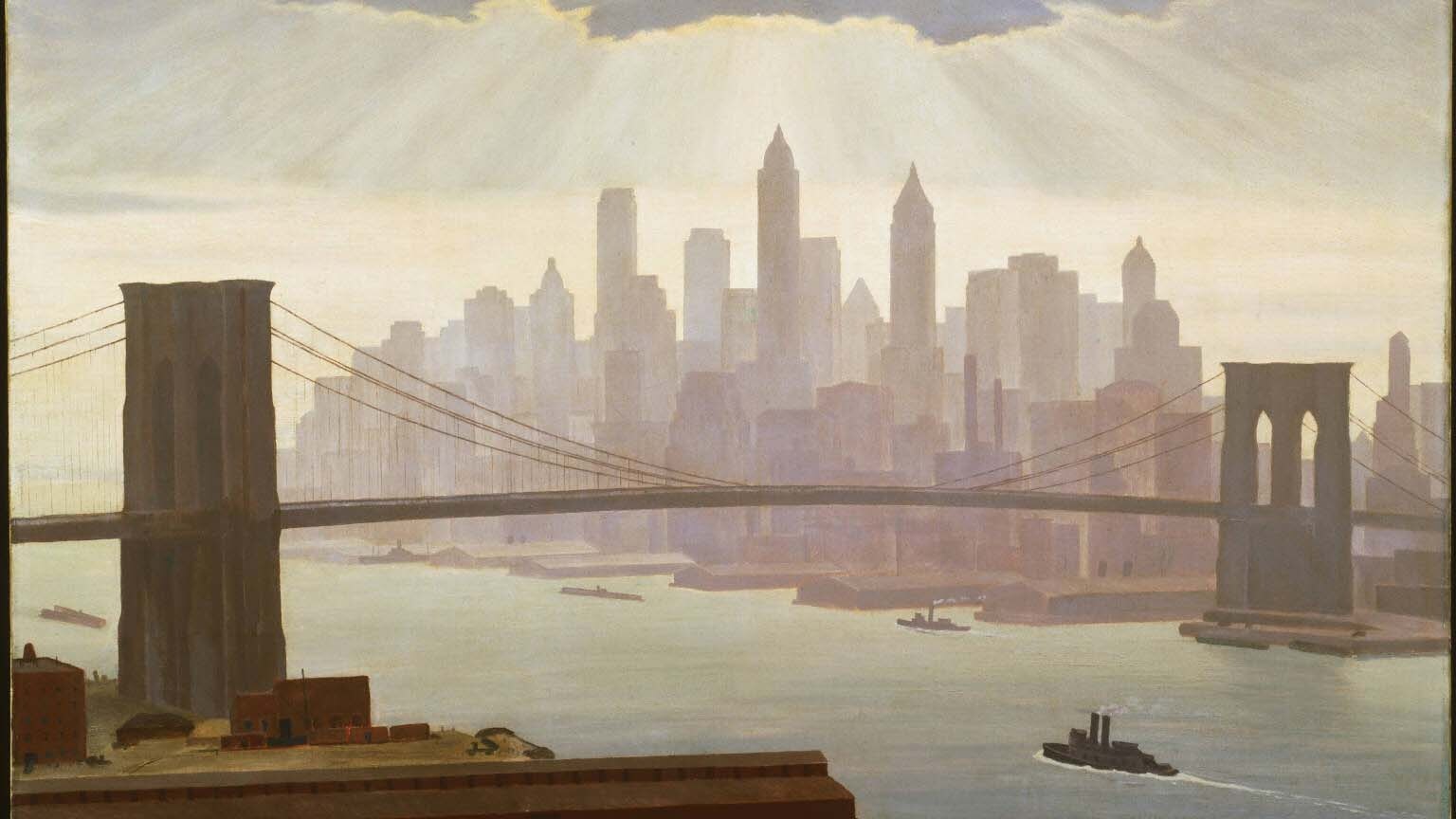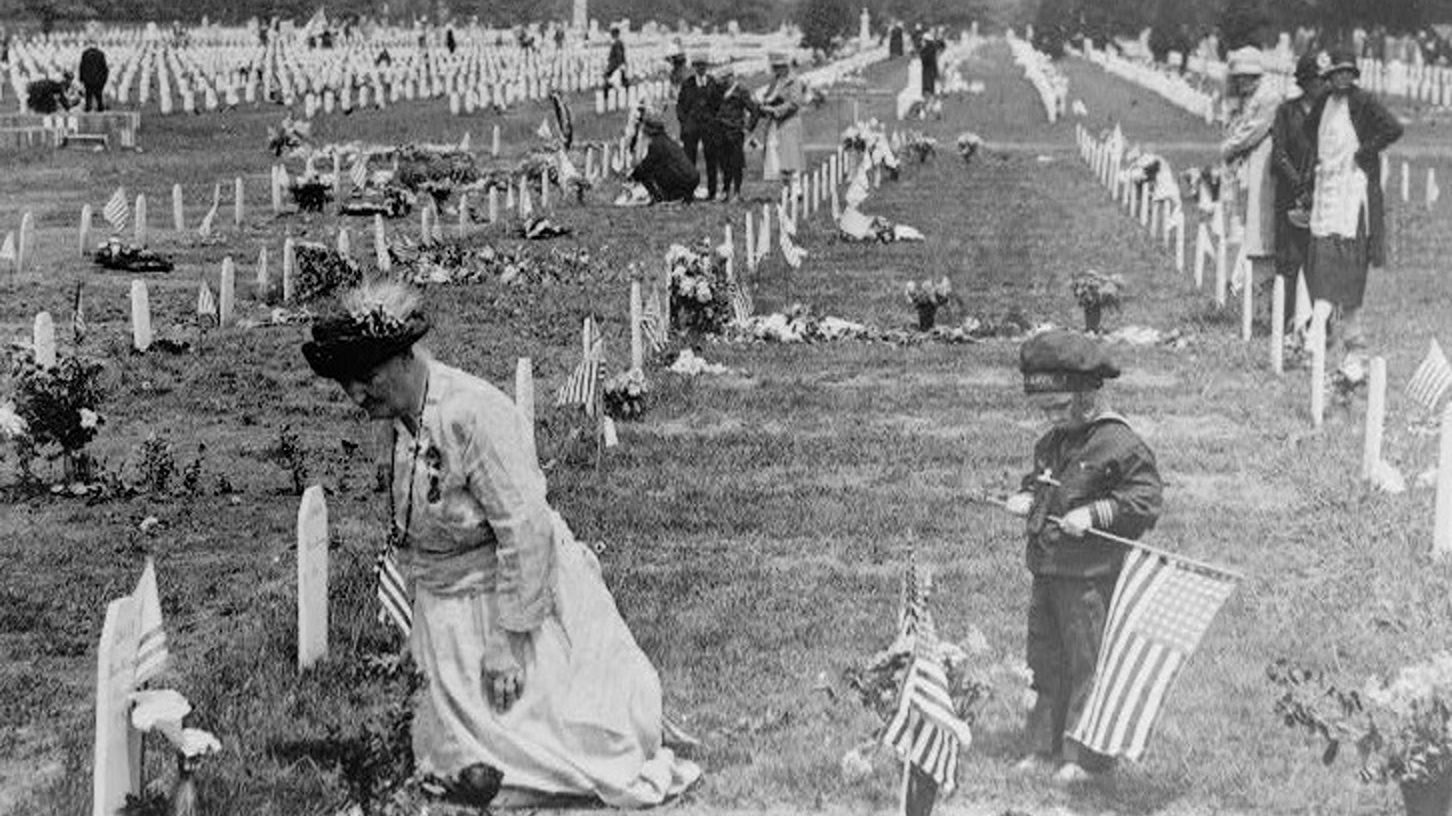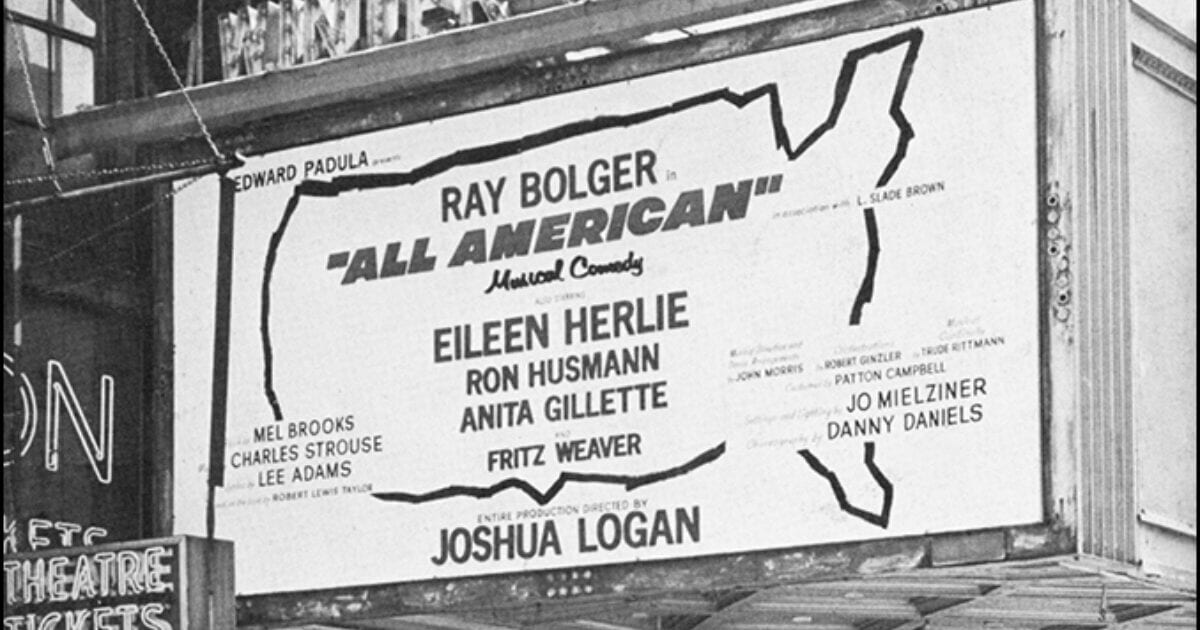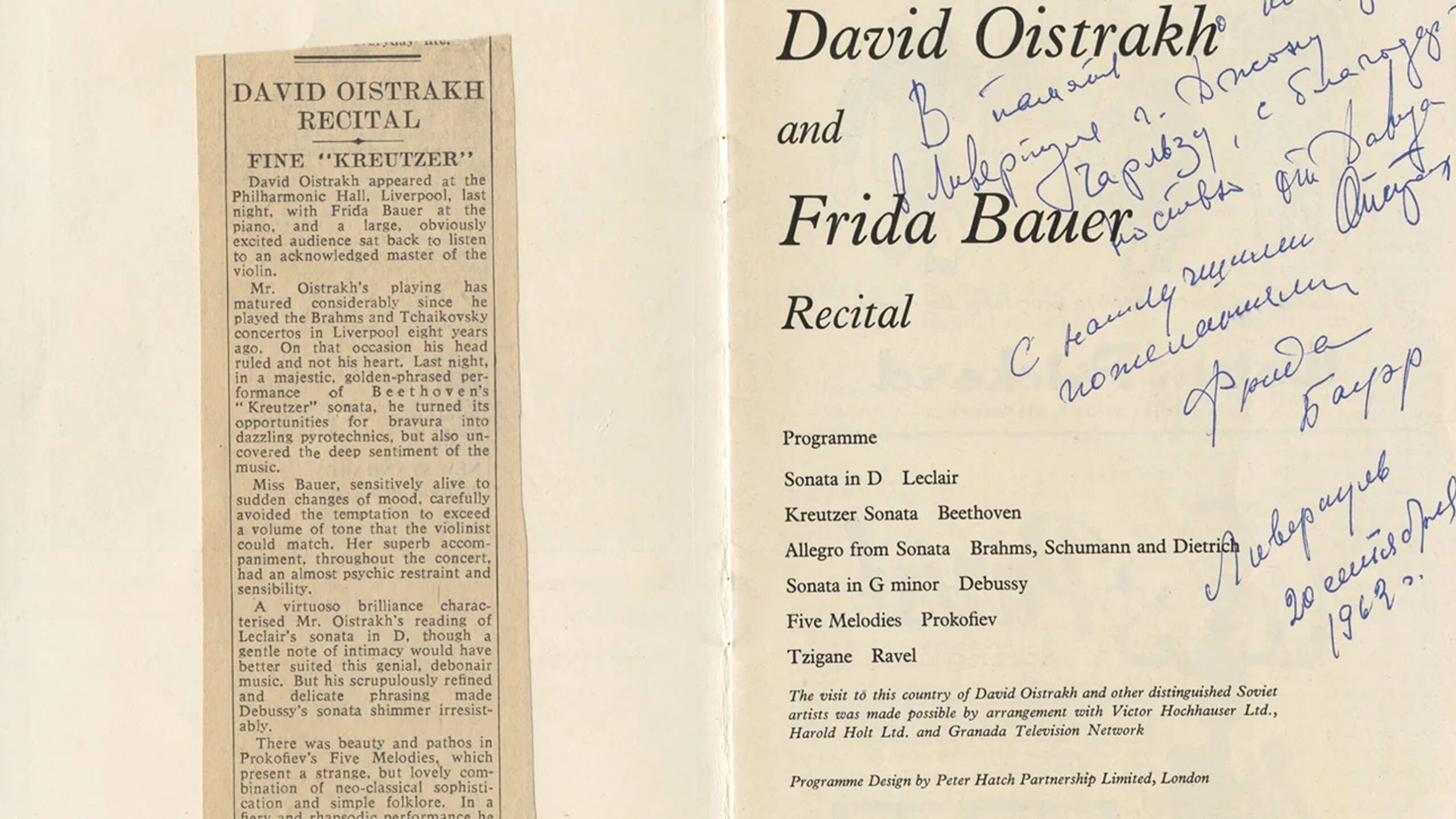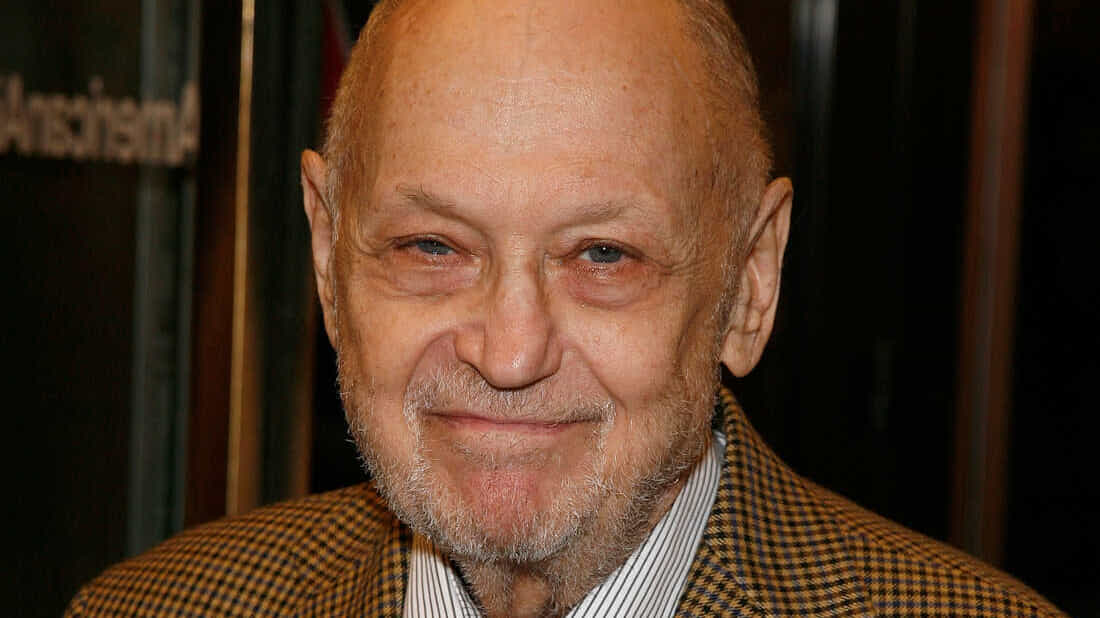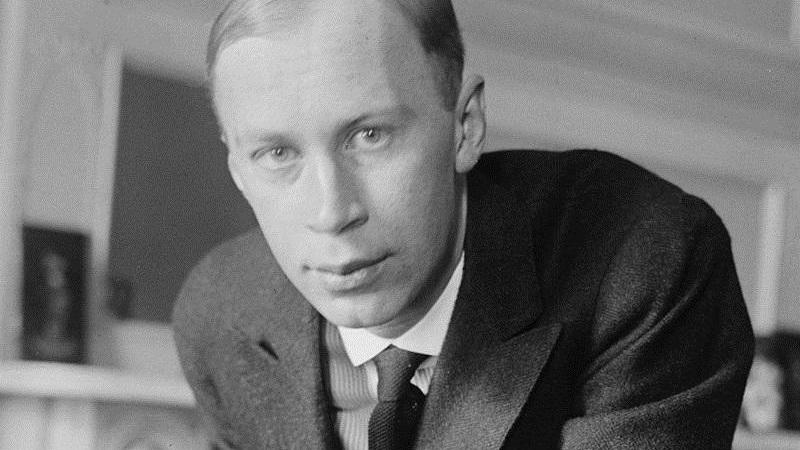Copland’s Piano Variations/Orchestral Variations: Unrelentingly Organic
Unlike the traditional “theme and variations,” Aaron Copland’s Piano Variations do not unfold as a frolicking and far-reaching episodic journey. Instead, they are unrelenting, declamatory, and haunting. The seven-note theme, equally reminiscent of Arnold Schoenberg’s tone rows and Bach’s C-sharp minor Fugue from Book 1 of the Well-Tempered Clavier (BWV 849), permeates the entire work in a way which makes it feel severely organic. While Beethoven and Schubert improvised variations on a theme as a …

